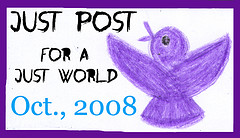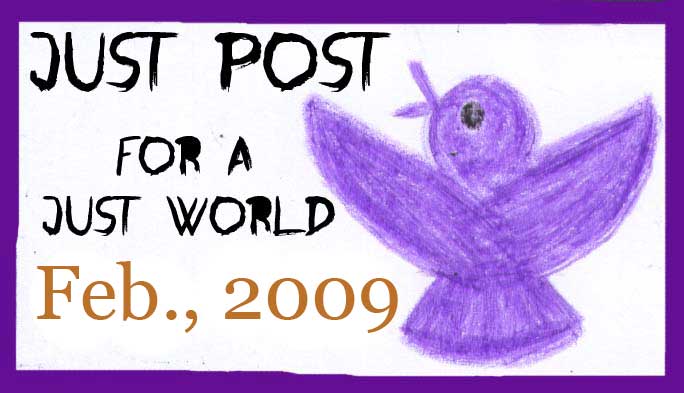Antibiotics Update.
Kate is into her aforementioned script a few days. Don’t ask me how many; I’ve already lost count.
We’ve forgotten a few doses. All but the first have required two people: one holding her down and the other forcing medicine down her throat. This method has a roughly 50% success rate at getting more than 75% of the dose down. Never is the dose complete. She always manages to spit, push, or drool some of it out. I have become expert at removing pink stains.
This is exactly why I swore off antibiotics when Will was her age. I can’t imagine that my experience is a-typical. I’m a good parent. I’m pretty on-top of things. And I’m savvy enough to try lots of angles at medicine-giving. Maybe the ability to give a child resisting medicine is a skill… but WHERE would any parent learn it, except with their child?
I know so many parents whose kids don’t even take Amoxicillin anymore because it does nothing for the child. Is this because all of these kids have been given it like Kate… in partial doses with occasional misses? Giving the drug the perfect opportunity to be rendered useless and creating a stronger, more efficient and persistent bacteria in the process?? Even if a parent can give a med now… could they during the first couple of times the antibiotic was prescribed? Bacteria doesn’t even cause ear infection pain… so why be in such a hurry to use a drug to get rid of something that is going to go away on it’s own in less than a day later?? I need to understand these details. I really, really, really need to get a better picture of this, because I grow more frustrated at myself everytime I have to hold my screaming child down and hold her nose to force her to swallow something I not only doubt she needs, but strongly feel will threaten her health later. (Not to mention undermine the health of world, but that’s another issue… it’s not like I’m not trying to be dramatic or anything.)
I can remember working with physicians in a nutritional outreach program in India, trying to figure out why they were reporting no success. It took about 4 seconds to figure it out. I asked folks (the actual people in the community, not the physicians) how they used their vitamins. They don’t. They throw them out. Tonics were the name of the game there… everyone wants a tonic. It’s the vogue treatment of choice, not unlike the power of pills here. Give out whatever you want, but if it’s not fully understood and appreciated… no one is going to follow the plan. One physician got it and changed the way he approached the use of the pills, explaining in more detail what they were and how they worked — and offering suggestions for ways to crush up and create tonics with the medicine. I think that the experience highlights how people tend to seek something specific from physicians, the same way we might “shop” for a particular item, and throw out whatever is not part of our expectations. So, maybe if we go to a physician seeking a prescription and don’t get one, that we feel it’s not worth the cost of admission. Perhaps telling the parent of a child with an ear infection to just treat with Tylenol and hot compresses would seem like a step back in medicine after so many years of antibiotic treatment. Even though the previous practice was inappropriate and we know that now, providing LESS medicine at an appointment strikes the patient as poor medicine, so physicians comply with what patients want simply to keep them coming in. It is a business, after all.
I question the efficacy of this drug and its current use on my child and I’m ticked off that I didn’t pursue the issue further. I’m not trying to challenge the doctor — I am not a physician and respect that specialized knowledge — but I have the capacity to understand the rationale for the treatment choice. And ultimately, that’s all I want to know. What is the rationale and does it make sense? Is it based on evidence-based care, or a social expectation? If I can’t make this kind of a stand, then how can good medicine ever be fully evaluated by patients?
Meanwhile, would it be better off to just stop the drug completely? Is it worse to stop midway through a poorly administered dosing schedule, or continue on with missed and partial doses until the 10 days are up? Either way, it’s not good… but which is more harmful?














